Newspapers are unable, seemingly, to discriminate between a bicycle accident and the collapse of civilisation
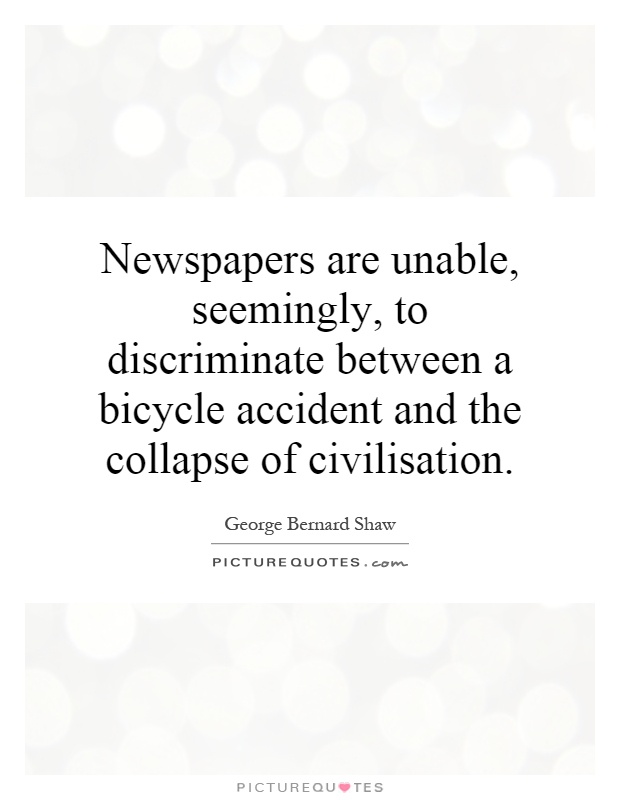
Newspapers are unable, seemingly, to discriminate between a bicycle accident and the collapse of civilisation
George Bernard Shaw, the renowned playwright and critic, was known for his sharp wit and keen observations on society. One of his most famous quotes, "Newspapers are unable, seemingly, to discriminate between a bicycle accident and the collapse of civilisation," speaks to the sensationalism and lack of discernment often found in the media.Shaw's criticism of newspapers is as relevant today as it was when he first uttered these words. In an age of 24-hour news cycles and clickbait headlines, the line between important news and trivial stories has become increasingly blurred. The media's obsession with sensationalism and scandal often leads to the prioritization of trivial stories over more significant events.
Shaw's comparison of a bicycle accident to the collapse of civilization highlights the absurdity of this phenomenon. While a bicycle accident may be unfortunate for those involved, it pales in comparison to the potential consequences of a societal collapse. Yet, in the eyes of the media, both events may be given equal weight and attention.
Shaw's critique of the media's inability to discriminate between different levels of importance in news stories speaks to a larger issue of journalistic integrity and responsibility. The media plays a crucial role in shaping public opinion and influencing societal norms, and when they prioritize sensationalism over substance, they do a disservice to their audience.
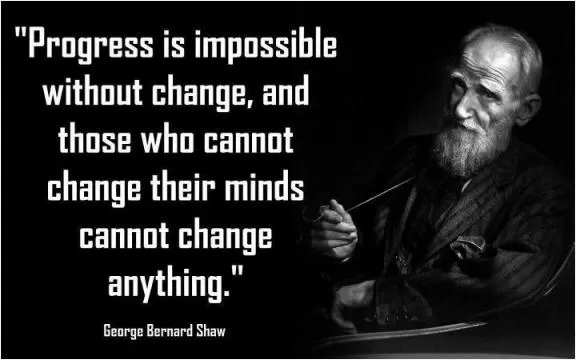

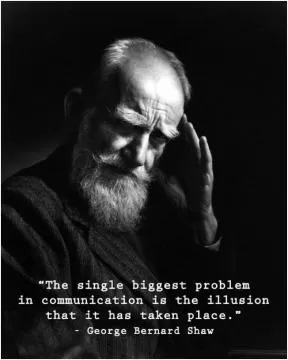
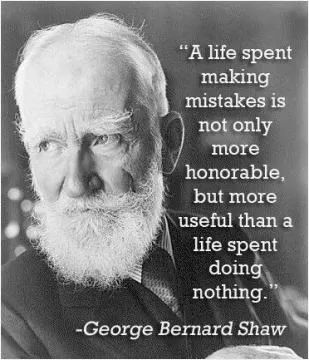

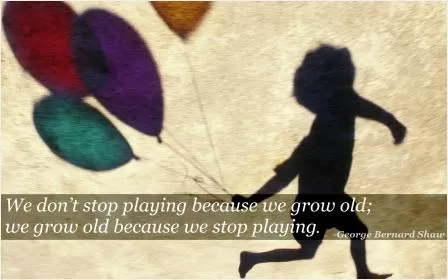


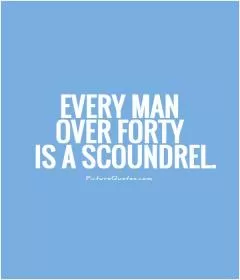

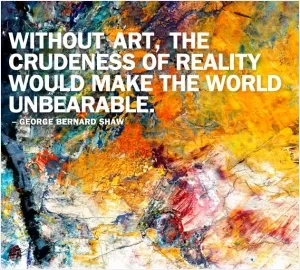

 Friendship Quotes
Friendship Quotes Love Quotes
Love Quotes Life Quotes
Life Quotes Funny Quotes
Funny Quotes Motivational Quotes
Motivational Quotes Inspirational Quotes
Inspirational Quotes